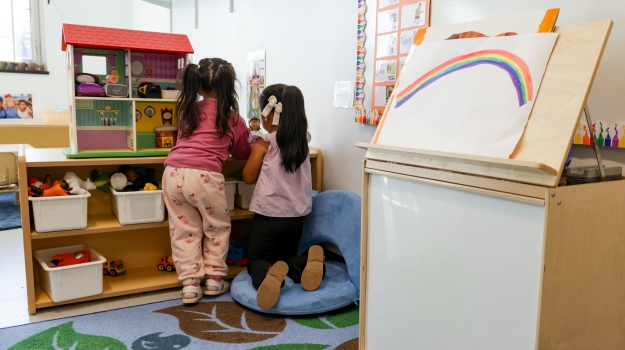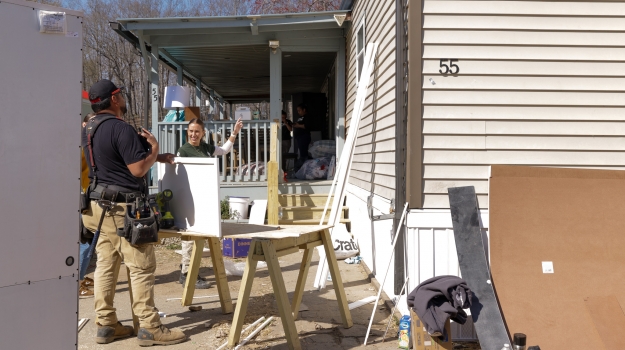
A student can be paired with a tutor or mentor and will often do better in school. But if that student is going home to a family in crisis, a family that might be hungry, or severely ill, or in an unsafe home, that support can only go so far. If we are to have a long term impact we have to serve whole families and communities.
There Are Significant Needs... And Ways To Help
As we speak, an average of 52% of the students in our schools are eligible for free and reduced lunch. What does this mean? It means their family income is near or below the poverty line. Here’s something else we know: 17 percent of students living in poverty aren’t graduating in our community. And this is twice the rate of their peers. This isn’t okay.
That’s why we are excited about offering our Homework Diners in the community. Once a week, families with K-12 students in Buncombe County can head over to Enka, Erwin, Owen and Asheville middle schools for homework help and a free, healthy meal for the whole family.
Homework Diners: Our Reach and Early Impact Indicators
During the 2018-19 school year, the group held 87 Homework Diners with almost 1,500 students and their families in attendance. To put that in perspective: United Way served almost 8,000 meals during that time. While there, families can meet teachers and access community resources. Relationships are built and bellies are filled. And it is working!
Of the middle school students who attended at least four Homework Diners per school year:
- Attendance: 78% of students met attendance goals of 90% or more
- Behavior: 85% improved their behavior goals
- Course Grades: 63% met their grade goals
Expanding Services At These Free Weekly Events
Students enjoyed the hands on experiences that the team from AMOS (Asheville Museum of Science) brought to a Homework Diner last year.
United Way has already run 21 of these events during the 19-20 school year and they’ve significantly expanded the support services available. The group now offers fresh produce markets through the Buncombe County Community Engagement team, they’ve brought in local colleges and universities, offered parent classes, and facilitated principal talks for parents and students.
Teachers are now seeing these events as an opportunity to help students to make up absences. This has been a great resource for families who otherwise would have to pay for summer school. Organizers have seen an increase in participation but realized that they needed to meet with curriculum specialists and teachers to discuss alternative activities and assignments for those students who might not have homework in hand to tackle. United Way staff see this as an opportunity to engage these students beyond attendance makeup and to encourage them to return even after their attendance is no longer an issue.


